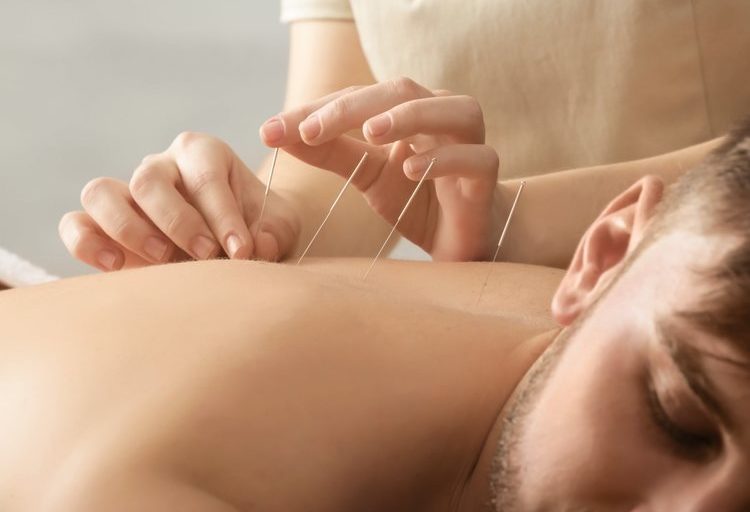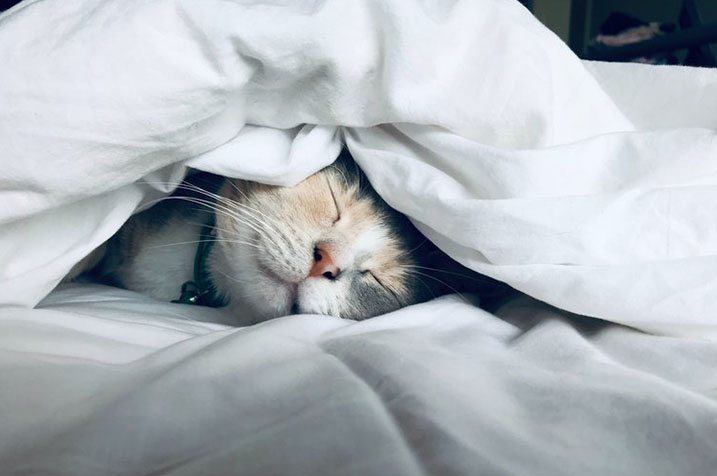Originally posted on Mednefits.com written by Physician Leong Weizhen
1) Recognising what poor quality sleep is
Most people see poor sleep and think “Oh, I have good quality sleep. I fall asleep so fast. I don’t need to read this” and flip the page. But do you know what really defines poor sleep? If you experience lethargy, brain fog and food comas in the day, or have vivid dreams and wake up to urinate often at night, you very likely have poor sleep. Although these traits seem normal because you have had them for so long, all of them are red flags for insufficient sleep in quality and/or quantity.
According to the Division of Sleep Medicine at Harvard Medical School [1], insufficient sleep in the short term can affect emotions, learning and increase the likelihood of severe accidents and injuries. Extended periods of poor and insufficient sleep can result in a plethora of health issues including obesity, diabetes, cardiovascular diseases and shortened lifespans.
2) Leveraging TCM to identify the accurate root cause of poor quality sleep
Traditional Chinese Medicine (TCM) aids sleep quality in many ways but it is important to first understand the right root cause. For example, some patients may be having poor appetite or excessive food intake which results in dreams and worries in the night. This is likely due to spleen deficiency causing sleep disturbance. Depression and anxiety also prevent one from having good quality sleep, and that could be due to Qi and blood stagnation.
Working adults typically struggle to fall asleep, stay asleep or achieve deep rested sleep, driven by stress and an overactive mind. In this case, it is likely liver fire disrupting the mind. Hence, TCM physicians need to know more about patients through a detailed consultation – not just about sleeping patterns but also daily living habits. There are usually other symptoms which will point out the relevant imbalances that need to be corrected and harmonised.
3) Effective TCM solutions for great sleep and energy
TCM solutions for resolving poor sleep issues are highly customised depending on the root cause identified through our diagnosis. In our herb prescriptions, we aim to balance patient’s specific body constitution and blend herbs such as FuShen 茯神, SuanZaoRen 酸枣仁, ZhenZhuMu 珍珠母 and GuiYuan 桂圆 which are specific to improve sleep quality.

Acupuncture is also an effective treatment option to help improve sleep quality. According to Pacific College of Oriental Medicine [2], by targeting and rectifying the imbalance of Qi and Yin Yang in the body, acupuncture helps the body and mind regain balance and harmony. The stimulated flow and unblocking of stagnated Qi in the meridians and the body helps improve your mind and body, helping you to rest better and thus get better sleep There are typical acupoints used to improve sleep quality such as YinTang印堂, ShenMen神门, NeiGuan内关, SanYinJiao三阴交. You can try massaging these points daily, 5 mins each point, for home therapy as well.
Our clinic also utilizes state-of-the-art FDA-registered medical device to improve lymphatic drainage via Electro-Lymphatic Therapy. By reducing water retention, pain and clearing lymph congestion, many patients report feeling relaxed and experience better sleep.
How would you be able to tell when your sleep has improved? Good rest happens when you have a peaceful sleep, fall asleep within 20 minutes of getting in bed, stay asleep most of the time you spend in bed as well as waking up feeling refreshed and energized throughout the day. Better rest results in stronger immunity, higher productivity, more energy as well as no food comas!
If you have been looking to improve your sleep quality and have tried caffeine reduction and sleeping aids with minimal results, do not despair. Make an appointment with our Singaporean bi-lingual TCM Physicians trained in China today to improve your quality of sleep and life today!
Make an appointment with us at +65 8087 0486 or go to our contact page to make an appointment.
Disclaimer:
The content on this page is for information and educational purposes only. Such medical information may relate to disease, injury, drugs and other treatments, medical devices and/or health products. Medical information does not amount to advice, and if advice is needed an appropriate professional help should be sought. The disclaimer asserts that no warranties or representations are given in respect of the medical information, and that the website operator should not be held liable if a user suffers any injury or loss after relying upon the medical information.
References:
[1] http://healthysleep.med.harvard.edu/healthy/matters/consequences
[2] https://www.pacificcollege.edu/news/blog/2014/10/03/acupuncture-insomnia-and-sleep-disorders

